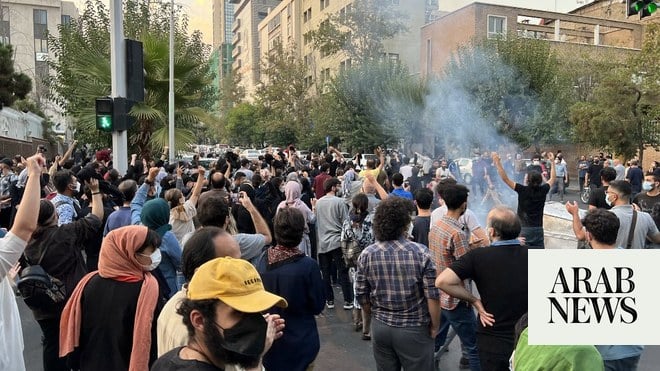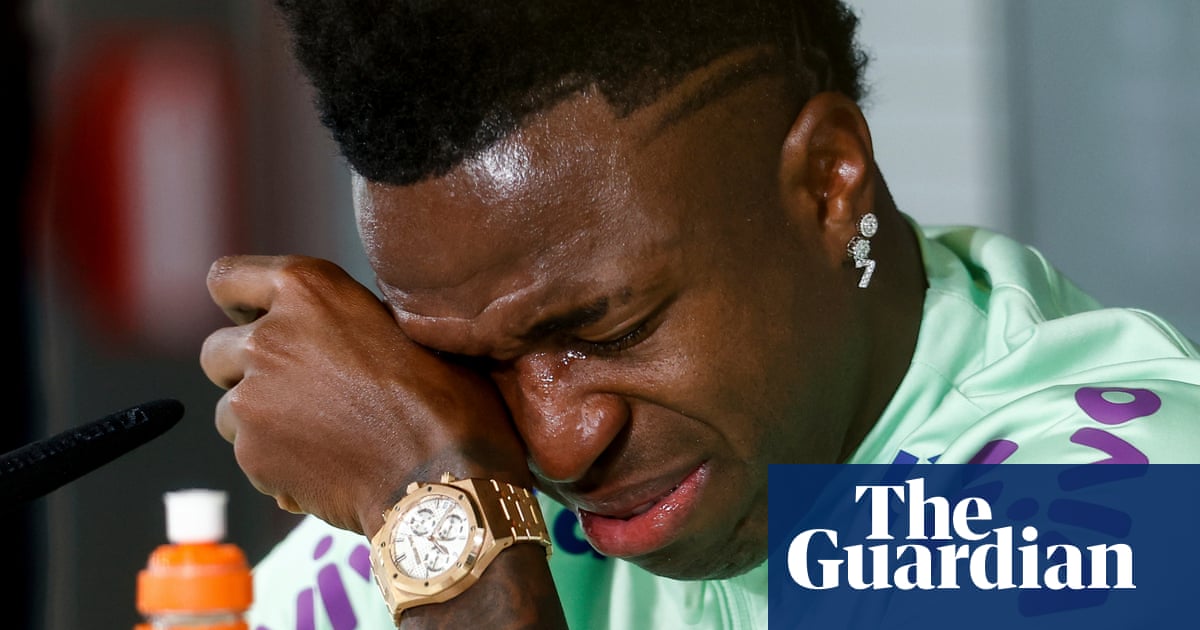
Standing on the doorstep of his terrace house in Brunshaw, a few minutes’ walk from Burnley football club’s stadium, Turf Moor, Vic is perhaps not many people’s idea of a typical Green voter. For one thing, he was formerly a Conservative. There’s also the fact he’s 85.
“They’re working hard all the time. It’s not just at elections you hear from them,” Vic says, having just promised his support to Alex Hall, who hopes to become the Greens’ second councillor in the ward on 5 May. “The other parties take you for granted.”
Stories about Green successes have become something of a repeat event in recent local elections, and one of the near certainties of this year’s poll is that the party will end up with another record number of councillors – their current total of about 460 was a record, and they expect to make net gains.
The Greens will field more than 2,500 candidates across England, Wales and Scotland, with the latter having a separate organisation and about 20 councillors. Such is the party’s ubiquity, officials say, that if they do not stand in a particular ward, voters email to complain.
While the Greens hope for increases in traditional metropolitan hunting grounds such as London, Manchester and Birmingham, the battle in Burnley demonstrates how their appeal has expanded, in terms of geography and in the range of potential voters, a factor in traditional party loyalties breaking down.
If everything goes well for them, the Greens could go from having had their first Burnley councillor in 2018, to five now and up to eight next month, potentially making them the second biggest party, albeit well behind a still-dominant Labour.
Three Green councillors represent the central ward of Trinity, which has significant deprivation. But among targets this year are second seats in the more middle-class Brunshaw and in Worsthorne, an affluent rural village just outside the town.
Nationally, more than half the Greens’ target seats this year are held by Conservatives, official say. On the Burnley campaign trail it becomes clear that promises of support are coming from people of a range of political backgrounds and, as illustrated by Vic, ages.
Some of the appeal comes from core policy offerings such as opposing speculative homebuilding on greenfield sites without any promises of associated infrastructure. But a good deal of it is based on something much more prosaic: being very visible and knocking on lots of doors, activities the party argues have been neglected by Labour and Conservatives in their strongholds.
“Maybe that is the difference between us and others – we’re seen around here, and they’re not,” says Scott Cunliffe, who was elected in the Cliviger with Worsthorne ward in 2021. A third of Burnley seats are contested each year, with county council elections in the fourth.
Andy Fewings, who became the town’s first Green councillor in 2018 and is seeking re-election in May, talks of “complacency from the bigger parties, particularly Labour, as it’s always been seen as a Labour town.”
He says: “What we’re offering is the sort of grassroots, out-and-about politics that Labour should be standing for, and perhaps has moved away from because they’re so used to winning in these kinds of areas. In part it’s just people responding to the fact it has been so long since they had a conversation with a politician on a doorstep.”
With incumbency, however, comes pressure to deliver. Door-knocking in Brunshaw, Cunliffe and Hall are angrily buttonholed by a woman unloading her car who demands to know why her query to another Green councillor about insulation grants went unanswered, insisting she will never back the party again.
A good 15 minutes of apologies and promises to look into the oversight leaves her seemingly mollified. “I think I talked her round,” says Cunliffe, who heads the Green group on the council. “She might even vote for us again.”
Insulation grants are a relatively exotic subject to be raised. For the most part, residents want to discuss parking, bins and, during an earlier canvassing expedition in Worsthorne, anxieties about botched repairs to its sole remaining cobbled street.
The village, one of whose three pubs has just had a costly renovation with upmarket food and prices to match – there is head-shaking talk of pints approaching £6 – would initially appear an unlikely spot for Green success.
But knocking on doors, Jack Launer, who hopes to take one of the two remaining Conservative seats, manages to extract several pledges of votes, with at least three people agreeing to display posters. Several householders are indifferent, but no one is obviously hostile.
Chris Williams, the head of elections for the Greens in England and Wales, says one factor is the general lack of trust in politics, exacerbated by reports about Downing Street parties, and a perception that his party is perhaps different.
“There is an understanding that people don’t get involved in the Greens for some sort of political career. So voters can see the authenticity of what we’ve got to offer, and they like that,” he says.
“We’ve got targeted campaigns going on in the majority of councils up for election this year. We couldn’t have said that even three years ago. It is quite a change.
“A lot of our members can see that winning elections is very viable, whereas 10 years ago they might have focused more on internal policymaking. Now our members see there is a path.”












